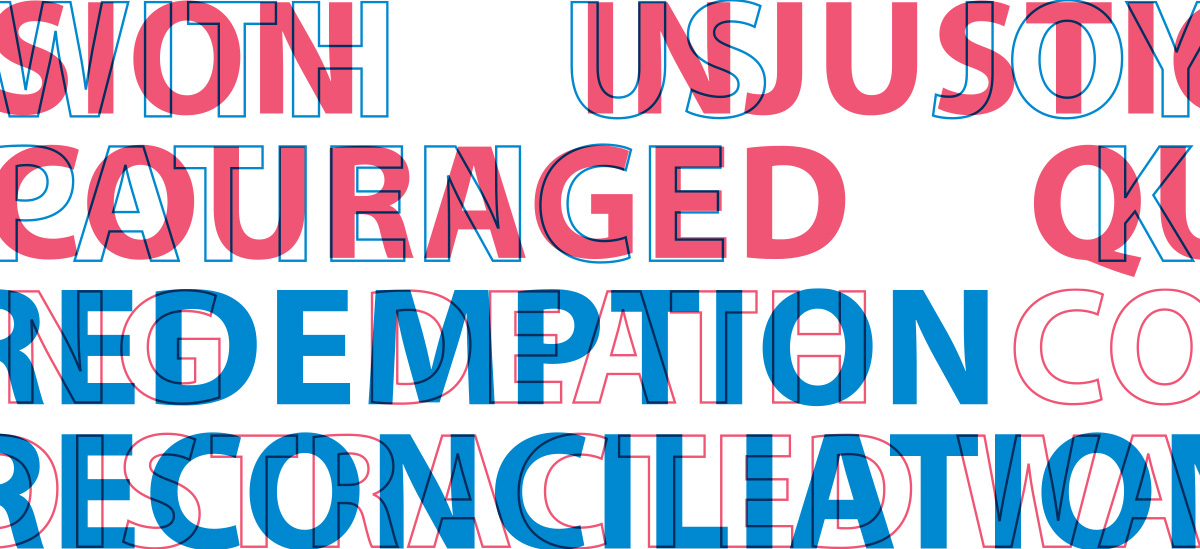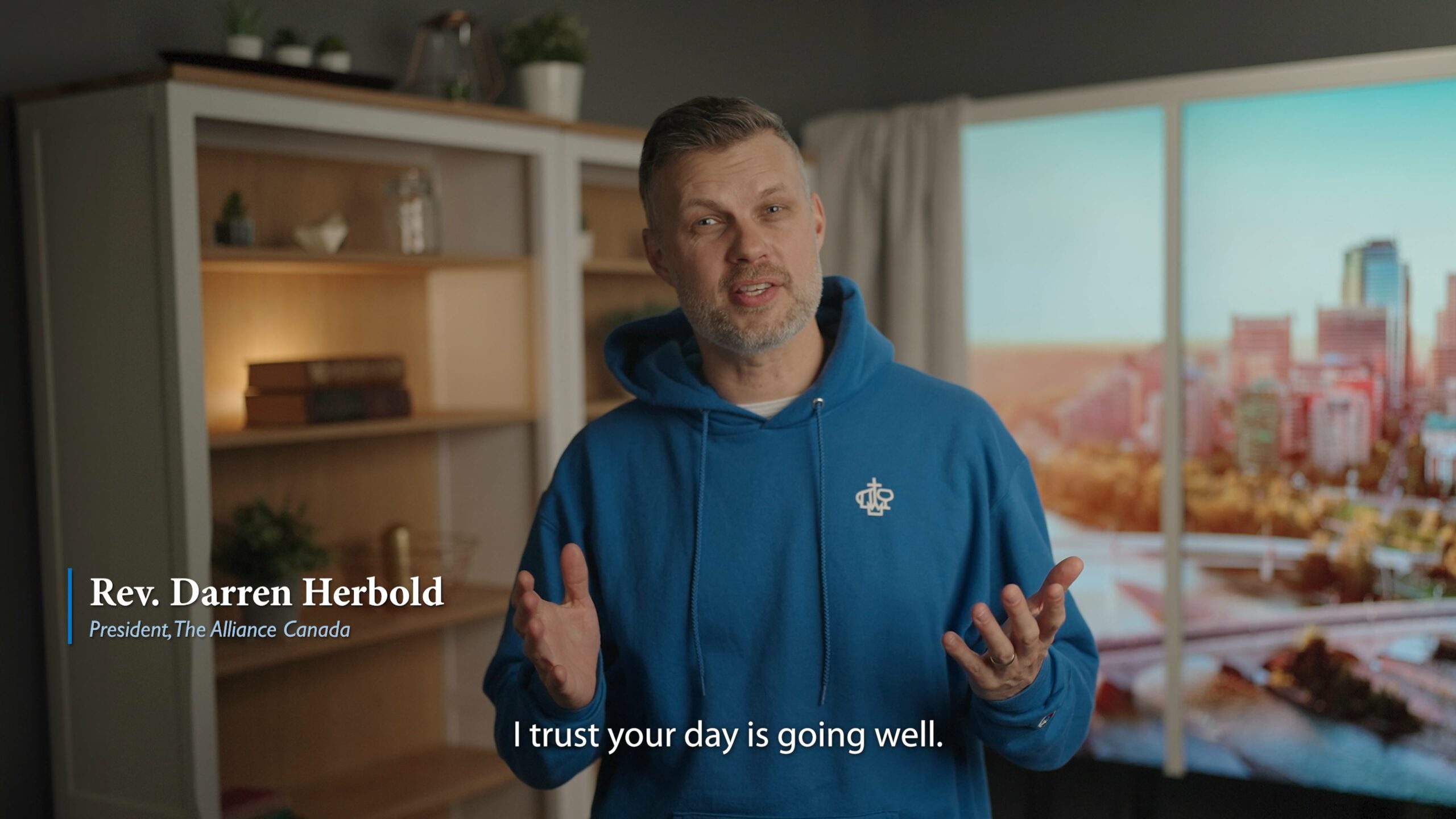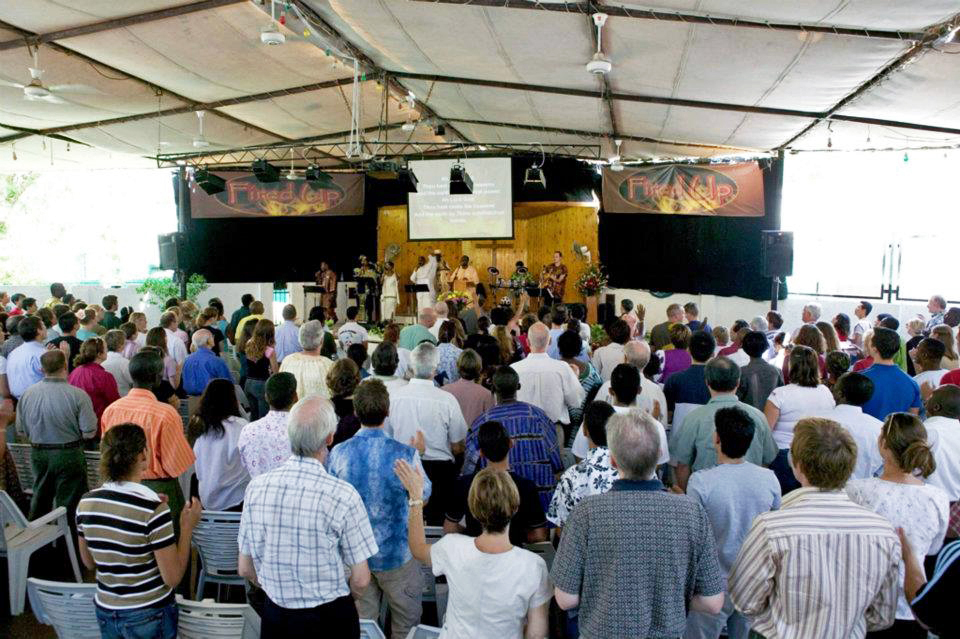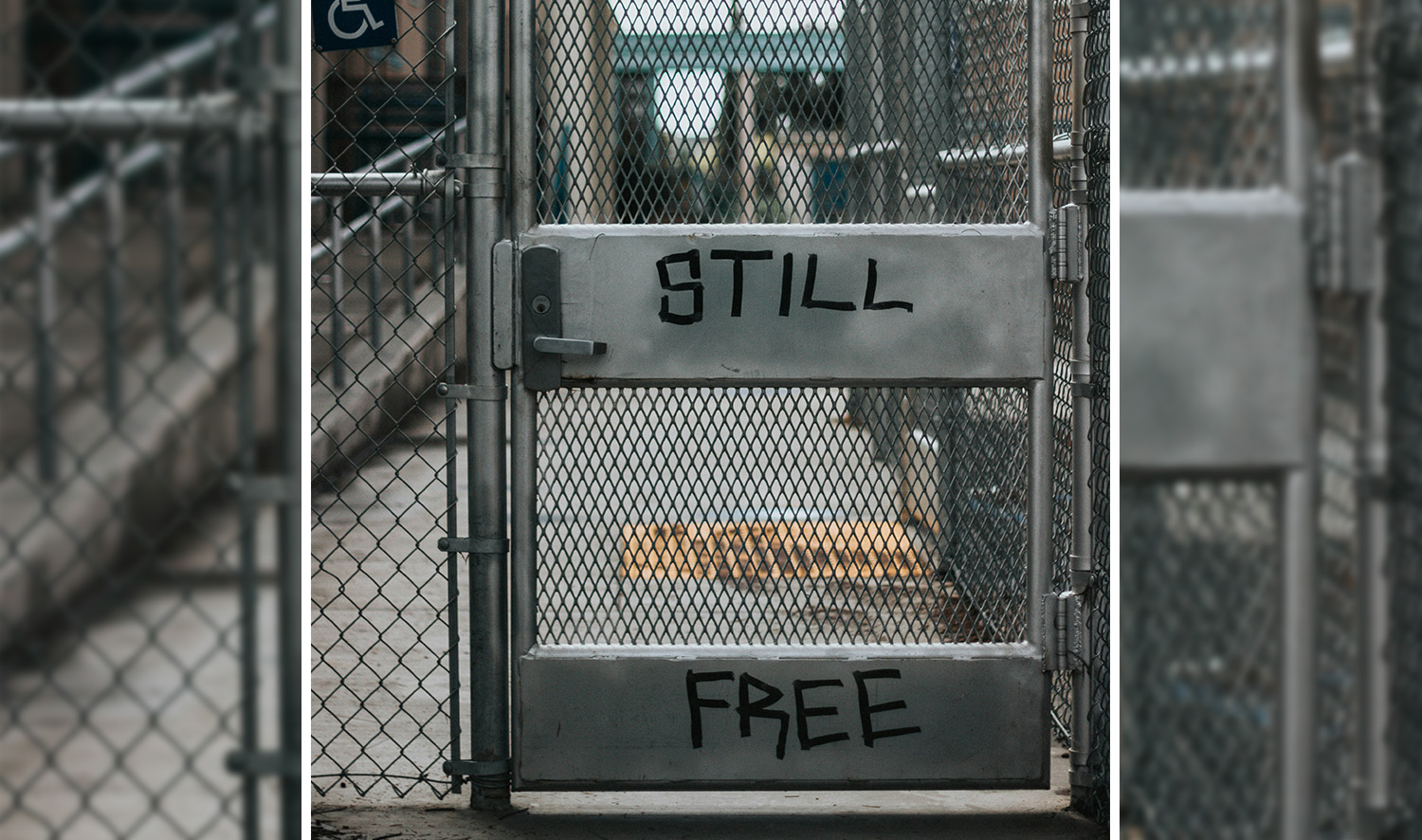Disappointed, disillusioned, grieving, and perhaps undergoing a crisis of faith in the one they thought would bring redemption to their people. This is probably the experience of the two disciples we read about in Luke 24. They are on a seven-mile walk to Emmaus, discussing the astounding events they experienced in Jerusalem. They are devastated by what has happened over the past few days: Jesus’ crucifixion, the testimony of the women who had been told by angels that Jesus had risen. They are wrestling with their understanding of the Scriptures that foretold of the coming Messiah. These were likely topics of conversation between these disciples on this dusty journey down a long road.
Perhaps, in a world that continues to be full of violence, oppression, and injustice, we find ourselves in a similar place, discouraged and questioning the promises of the risen Christ. His death and resurrection were meant to bring reconciliation to all things (Colossians 1). We can easily relate to those disciples on the Emmaus Road, confused and questioning where God is in all of this.
Jesus, where is your victory? Where is your healing? Where is your promise of redemption?
The beautiful part of this walk to Emmaus is that Jesus comes and participates in their journey. At first, they don’t recognize him, but he enters their experience and interacts with their uncertainty. Jesus wants them to encounter, recognize, and experience him, so he explains the Scriptures about himself. At their request, Jesus accepts their hospitality, and while they eat supper, he breaks bread, blesses it, and gives it to them.
There is a spiritual encounter in this breaking of bread and the disciples’ eyes are opened. They recognize the resurrected Jesus. This leads to a radical next step. It was evening when this occurred, and most likely dark, but they are compelled to travel back the seven miles to Jerusalem immediately to testify to the other disciples that they had encountered the risen Lord and “how he had been made known to them in the breaking of the bread” (Luke 24:35b).
In our spiritual journeys, we can get disillusioned and discouraged when we don’t see more of the fulfillment of Christ’s promises or don’t seem to experience his presence and power in our lives or ministries. We can get so distracted by the negative realities of our situations that we fail to recognize that he is with us. Also, as we think of larger global issues, we are prone to feel hopeless as we continually hear of destructive wars that are ravaging nations, the injustice of ethnic genocide, racism and abuse of power, natural disasters, the realities of chronic hunger and poverty, the fears and uncertainties of the recent pandemic…the list goes on.
The reality is that the world is not functioning as God originally intended. Yet, Christ’s death and resurrection made it possible for the effects of sin in the world to be reversed and defeated. As the resurrected Christ makes himself known to us, we are filled with new hope. Because of Jesus, there is victory, healing, redemption, and there will be a day when all that is broken in the world will be reconciled.
But now, we live in an in-between time. Like the disciples who walked the Emmaus Road, we are not always sure what to do next or clear on how God is working out his plan. Sometimes, we aren’t even aware that he is walking beside us and ready to reveal himself to us in due time. Yet, the story of the Emmaus Road calls us to faith; it calls us to understand our limited perceptions and to anticipate that God will reveal himself and make things clear to us. Often this happens at the table, where we remember a broken body and shed blood for the sake of the world. Here, we remember that God is calling us to live out the reality that his kingdom is near.
As the risen Christ makes himself known to us today, we are not overcome with hopelessness. We are filled with hope that through the Church, his body, Christ will be known to others on their Emmaus Road. Those who are displaced or marginalized, those who are overcome with grief and hopelessness, those who are hungry, those who experience injustice, yes, even those who have abandoned faith altogether will encounter the risen Christ. Come, Lord Jesus, meet us on our own Emmaus Road once again.
Share:
joanne.beach
Support the mission
The Global Advance Fund (GAF) is a pooled fund that supports our workers in Canada and around the world to share the Gospel with people who haven't yet heard the name of Jesus. Your continued generosity equips and sustains our workers and their ministry.








